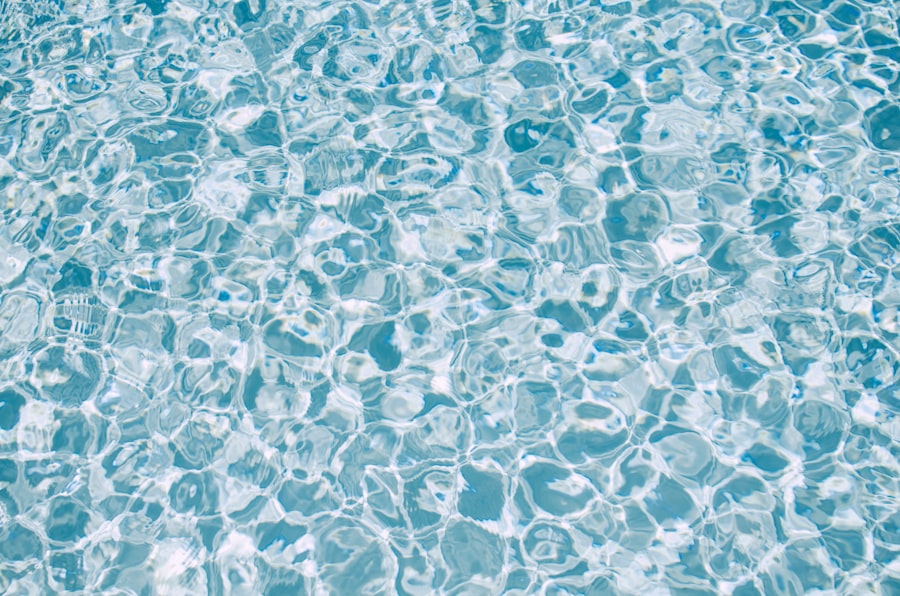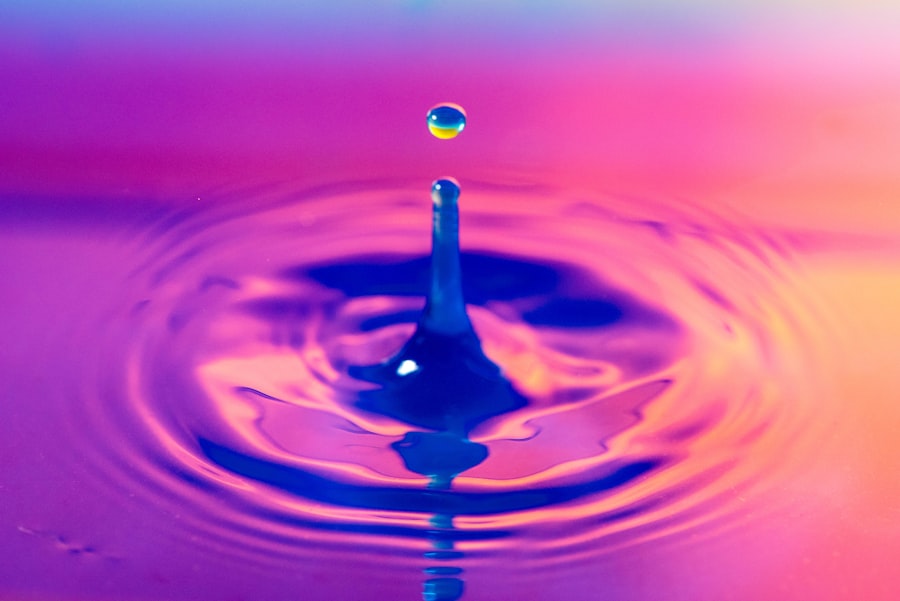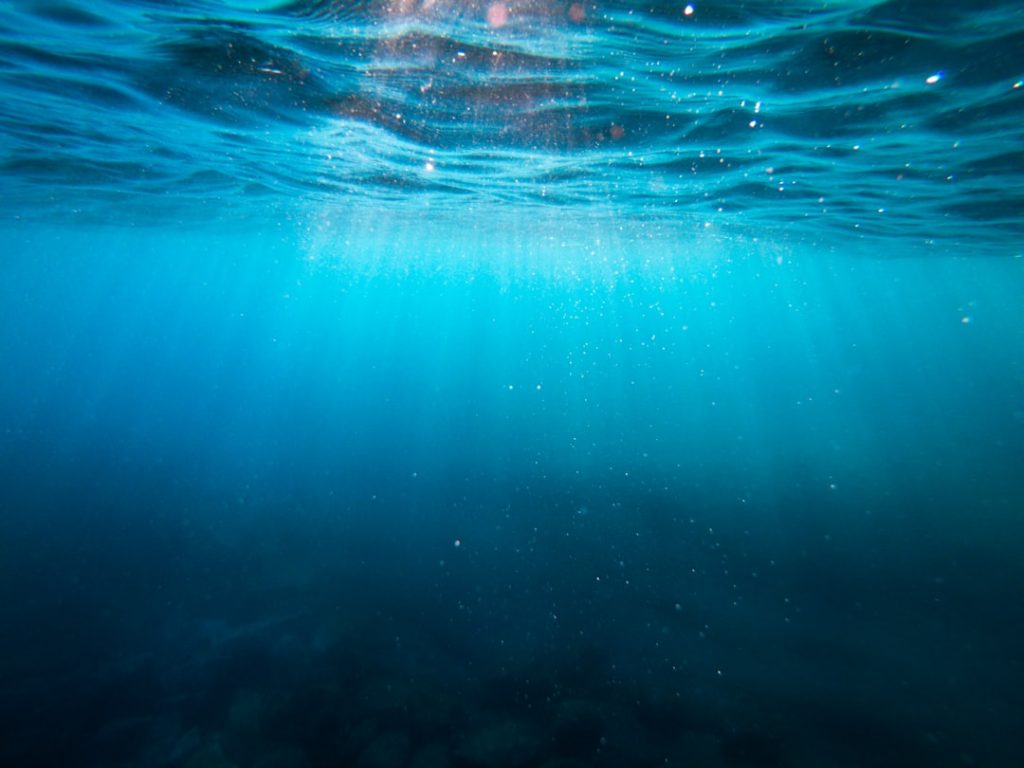Insulating water containers is essential for providing animals with unfrozen water during winter. Several effective methods can be employed:
1. Foam insulation: Wrapping the container’s exterior with foam helps retain heat and prevent freezing.
2. Insulating jackets: Specially designed covers made of heat-trapping materials can be used to protect water containers. 3.
Sheltered placement: Positioning the container in a barn or shed offers additional protection from cold temperatures. 4. Underground burial: When feasible, burying the water container allows the earth to act as a natural insulator.
5. Insulation base: Placing the container on foam board or straw provides extra insulation from the cold ground. These insulation techniques are crucial first steps in ensuring animals have access to unfrozen water throughout winter.
The choice of method depends on factors such as practicality, available resources, and specific environmental conditions.
Table of Contents
- 1 Use a Heated Waterer Base
- 2 Utilize Solar Power
- 3 Add Salt to the Water
- 4 Use a Water Heater
- 5 Keep the Water Moving
- 6 Provide Warm Water Several Times a Day
- 7 FAQs
- 7.1 What are some ways to keep my chickens’ water from freezing without electricity?
- 7.2 What is an insulated waterer and how does it work?
- 7.3 How can I use hot water to prevent my chickens’ water from freezing?
- 7.4 What are heated waterer bases and how do they work?
- 7.5 How can I use solar-powered water heaters to keep my chickens’ water from freezing?
Key Takeaways
- Insulating the water container helps prevent freezing in cold temperatures
- Using a heated waterer base can keep the water from freezing in low temperatures
- Utilizing solar power for water heating can be an eco-friendly and cost-effective option
- Adding salt to the water can lower its freezing point and prevent it from solidifying
- Using a water heater can ensure that the water stays at a suitable temperature for the animals
Use a Heated Waterer Base
How Heated Waterer Bases Work
Using a heated waterer base is an effective way to prevent water from freezing in cold temperatures. These bases are designed to keep the water in the container at a constant temperature, preventing it from freezing. Heated waterer bases come in a variety of sizes and styles, so you can choose one that best fits your needs.
Types of Heated Waterer Bases
Some heated waterer bases are designed to sit directly underneath the water container, while others are designed to be placed inside the container itself. Regardless of the style you choose, a heated waterer base can be a valuable tool in ensuring that your animals have access to unfrozen water.
Benefits of Heated Waterer Bases
One of the benefits of using a heated waterer base is that it requires minimal effort on your part. Once installed, the base will automatically maintain the water at a consistent temperature, even in freezing conditions. This can save you time and effort compared to other methods of preventing water from freezing. Additionally, heated waterer bases are designed to be energy efficient, so you can keep your animals’ water from freezing without significantly increasing your energy costs.
A Simple and Effective Solution
Using a heated waterer base is a simple and effective way to ensure that your animals have access to unfrozen water throughout the winter.
Utilize Solar Power

Utilizing solar power is an environmentally friendly and cost-effective way to prevent water from freezing in cold temperatures. Solar-powered water heaters are designed to harness the energy from the sun to keep the water in the container at a constant temperature. These heaters typically consist of solar panels that collect energy from the sun and transfer it to a heating element within the water container.
By utilizing solar power, you can ensure that your animals have access to unfrozen water without relying on traditional energy sources. One of the advantages of utilizing solar power is that it can be a sustainable and cost-effective solution for preventing water from freezing. Once installed, solar-powered water heaters require minimal maintenance and can provide reliable heating for your animals’ water throughout the winter.
Additionally, utilizing solar power can help reduce your carbon footprint and lower your energy costs. By harnessing the power of the sun, you can ensure that your animals have access to unfrozen water while also being environmentally conscious. Utilizing solar power is a practical and sustainable way to prevent water from freezing in cold temperatures.
Add Salt to the Water
Adding salt to the water is a simple and effective way to prevent it from freezing in cold temperatures. Salt lowers the freezing point of water, making it less likely to freeze in cold conditions. By adding salt to the water, you can help ensure that your animals have access to unfrozen water throughout the winter.
It’s important to note that while adding salt to the water can prevent it from freezing, it’s essential to monitor the salt levels to ensure that they remain at a safe and healthy level for your animals. One of the benefits of adding salt to the water is that it is a cost-effective and readily available solution for preventing freezing. Salt can be easily purchased at most stores and is simple to add to the water container.
Additionally, adding salt to the water requires minimal effort and can be an effective way to ensure that your animals have access to unfrozen water. However, it’s important to use caution when adding salt to the water, as excessive levels can be harmful to animals. By adding salt to the water in moderation, you can help prevent it from freezing and ensure that your animals stay hydrated throughout the winter.
Use a Water Heater
Using a water heater is a reliable and efficient way to prevent water from freezing in cold temperatures. Water heaters are designed to maintain a constant temperature in the water container, preventing it from freezing even in extreme cold conditions. There are various types of water heaters available, including electric, propane, and gas-powered options, so you can choose one that best fits your needs and preferences.
By using a water heater, you can ensure that your animals have access to unfrozen water throughout the winter. One of the advantages of using a water heater is that it provides consistent and reliable heating for your animals’ water. Once installed, a water heater will automatically maintain the water at a constant temperature, eliminating the need for manual intervention.
Additionally, some water heaters are designed to be energy efficient, helping you save on energy costs while ensuring that your animals have access to unfrozen water. Using a water heater is a practical and effective way to prevent water from freezing in cold temperatures.
Keep the Water Moving

Using Circulating Pumps or Agitators
One effective way to keep the water moving is by using a circulating pump or agitator specifically designed for water containers. These devices create movement in the water, preventing it from freezing even in sub-zero temperatures.
Heated Fountains or Bubblers
Another method is by using a heated fountain or bubbler in the water container. These devices not only create movement in the water but also provide additional heat, helping to prevent freezing.
Regular Maintenance is Key
By keeping the water moving, you can ensure your animals have access to unfrozen water without relying on traditional heating methods. However, it’s crucial to regularly check the devices for proper functioning and maintenance to ensure they continue to work effectively throughout the winter.
Provide Warm Water Several Times a Day
Providing warm water several times a day is an essential way to ensure that your animals stay hydrated during the winter months. Even with preventative measures in place, there is still a risk of water freezing in extremely cold temperatures. By providing warm water multiple times a day, you can help ensure that your animals have access to unfrozen water and stay hydrated throughout the winter.
This can be done by regularly checking on the water container and replacing any frozen water with warm, fresh water. One of the benefits of providing warm water several times a day is that it ensures your animals have access to fresh and unfrozen water at regular intervals. This can help prevent dehydration and ensure that your animals stay healthy during the winter months.
Additionally, providing warm water multiple times a day can help supplement other preventative measures and provide an extra layer of protection against freezing temperatures. By making it a routine to provide warm water several times a day, you can help ensure that your animals stay hydrated and healthy throughout the winter. In conclusion, ensuring that your animals have access to unfrozen water during the winter months is essential for their health and well-being.
There are various methods and preventative measures that can be taken to prevent water from freezing in cold temperatures. Insulating the water container, using a heated waterer base, utilizing solar power, adding salt to the water, using a water heater, keeping the water moving, and providing warm water several times a day are all effective ways to ensure that your animals stay hydrated throughout the winter. By implementing these measures and staying proactive in monitoring and maintaining their effectiveness, you can help ensure that your animals have access to unfrozen water and stay healthy during the cold winter months.
If you’re looking for tips on how to keep your chickens’ water from freezing without electricity, you may also be interested in learning about the best placement for your chicken coop. Check out this article for helpful advice on where to put your chicken coop to ensure the comfort and well-being of your flock.
FAQs
What are some ways to keep my chickens’ water from freezing without electricity?
Some ways to keep your chickens’ water from freezing without electricity include using insulated waterers, adding hot water to the waterer multiple times a day, using heated waterer bases, and using solar-powered water heaters.
What is an insulated waterer and how does it work?
An insulated waterer is a waterer that is designed to retain heat and prevent freezing. It typically has double-walled construction with insulation in between the walls to keep the water from freezing in cold temperatures.
How can I use hot water to prevent my chickens’ water from freezing?
You can add hot water to the waterer multiple times a day to keep the water from freezing. This will temporarily raise the temperature of the water and prevent it from turning into ice.
What are heated waterer bases and how do they work?
Heated waterer bases are devices that are placed underneath the waterer to keep the water from freezing. They typically have a built-in heating element that warms the water from below, preventing it from freezing in cold temperatures.
How can I use solar-powered water heaters to keep my chickens’ water from freezing?
Solar-powered water heaters use the sun’s energy to heat the water and prevent it from freezing. They typically consist of a solar panel, a heating element, and a water reservoir, and can be an effective and environmentally friendly way to keep your chickens’ water from freezing without electricity.
Meet Walter, the feathered-friend fanatic of Florida! Nestled in the sunshine state, Walter struts through life with his feathered companions, clucking his way to happiness. With a coop that’s fancier than a five-star hotel, he’s the Don Juan of the chicken world. When he’s not teaching his hens to do the cha-cha, you’ll find him in a heated debate with his prized rooster, Sir Clucks-a-Lot. Walter’s poultry passion is no yolk; he’s the sunny-side-up guy you never knew you needed in your flock of friends!







